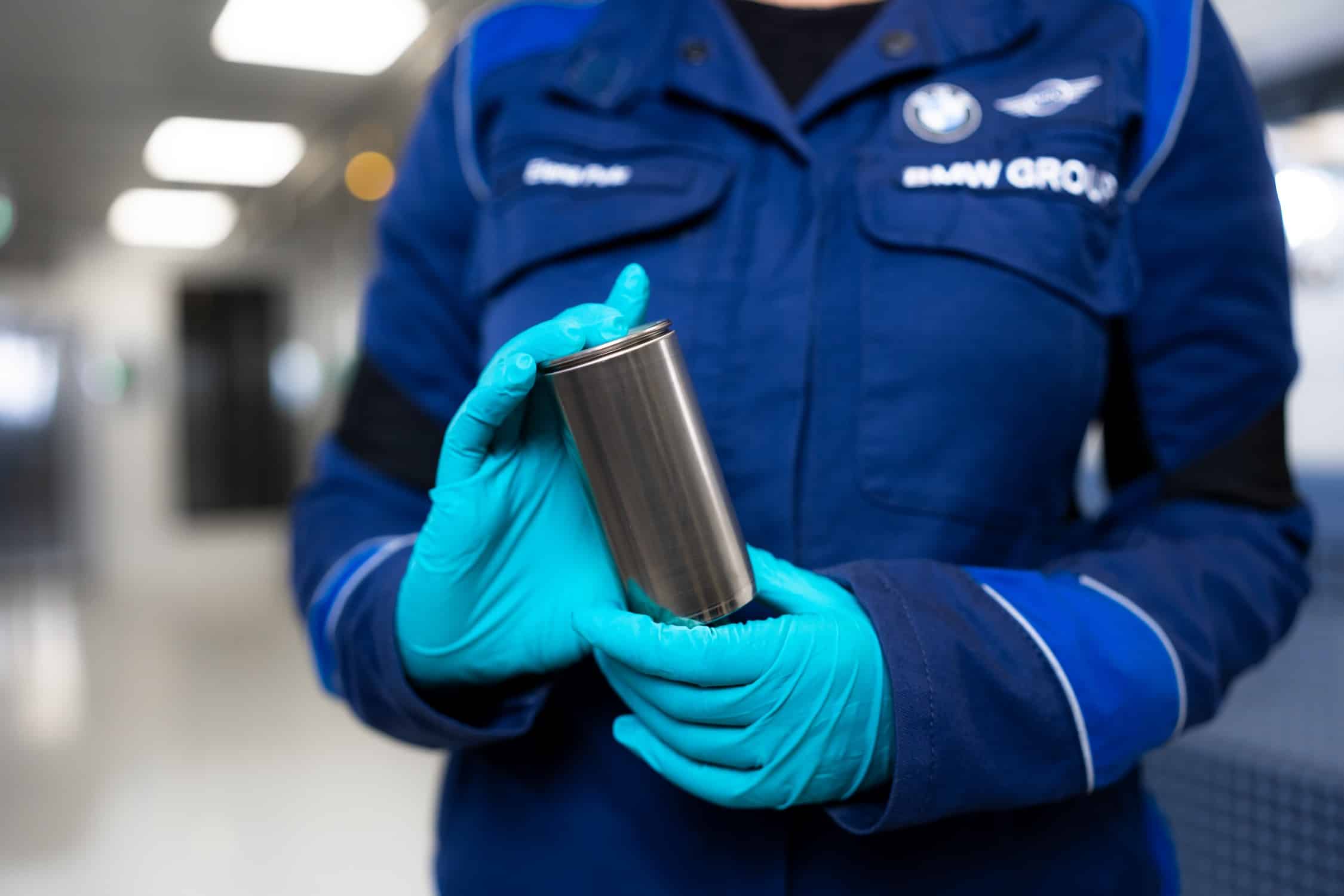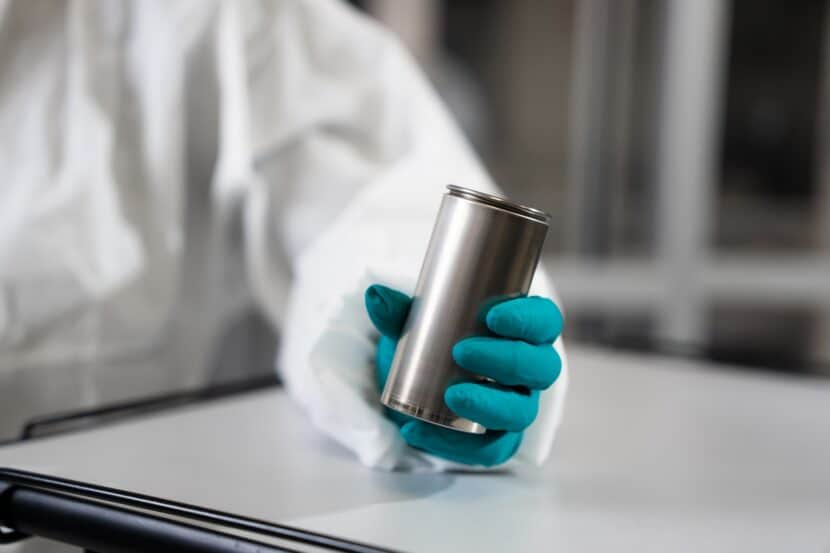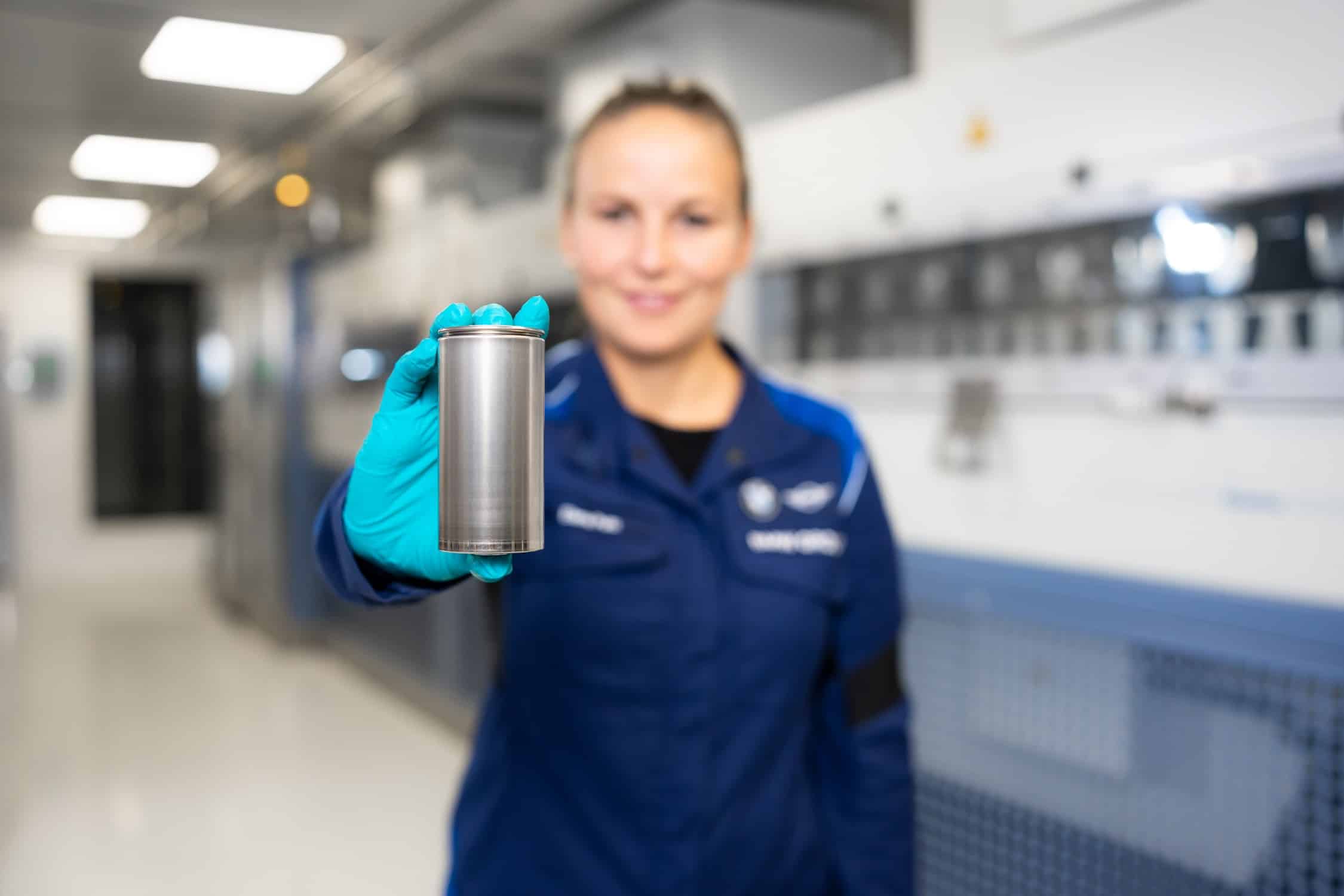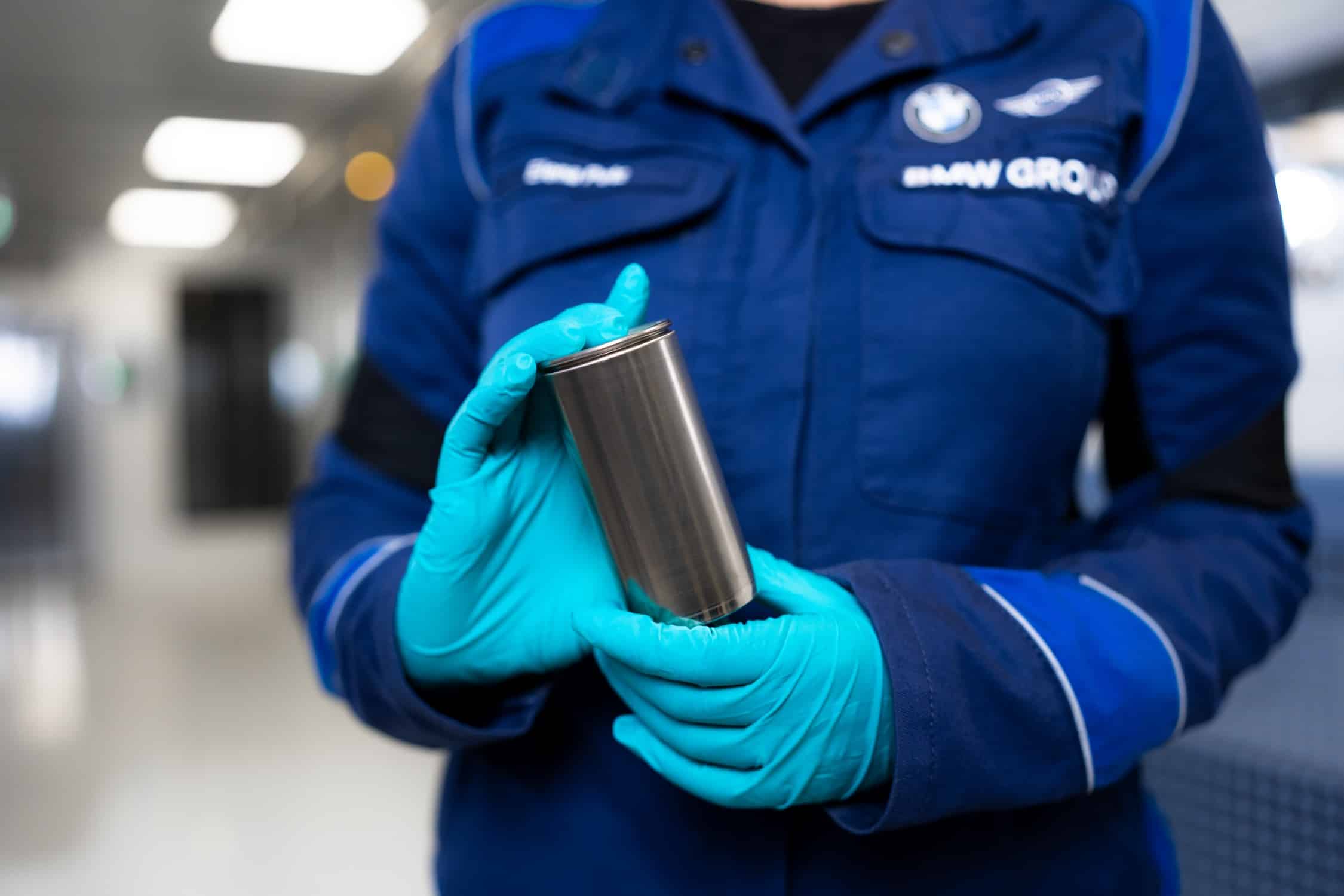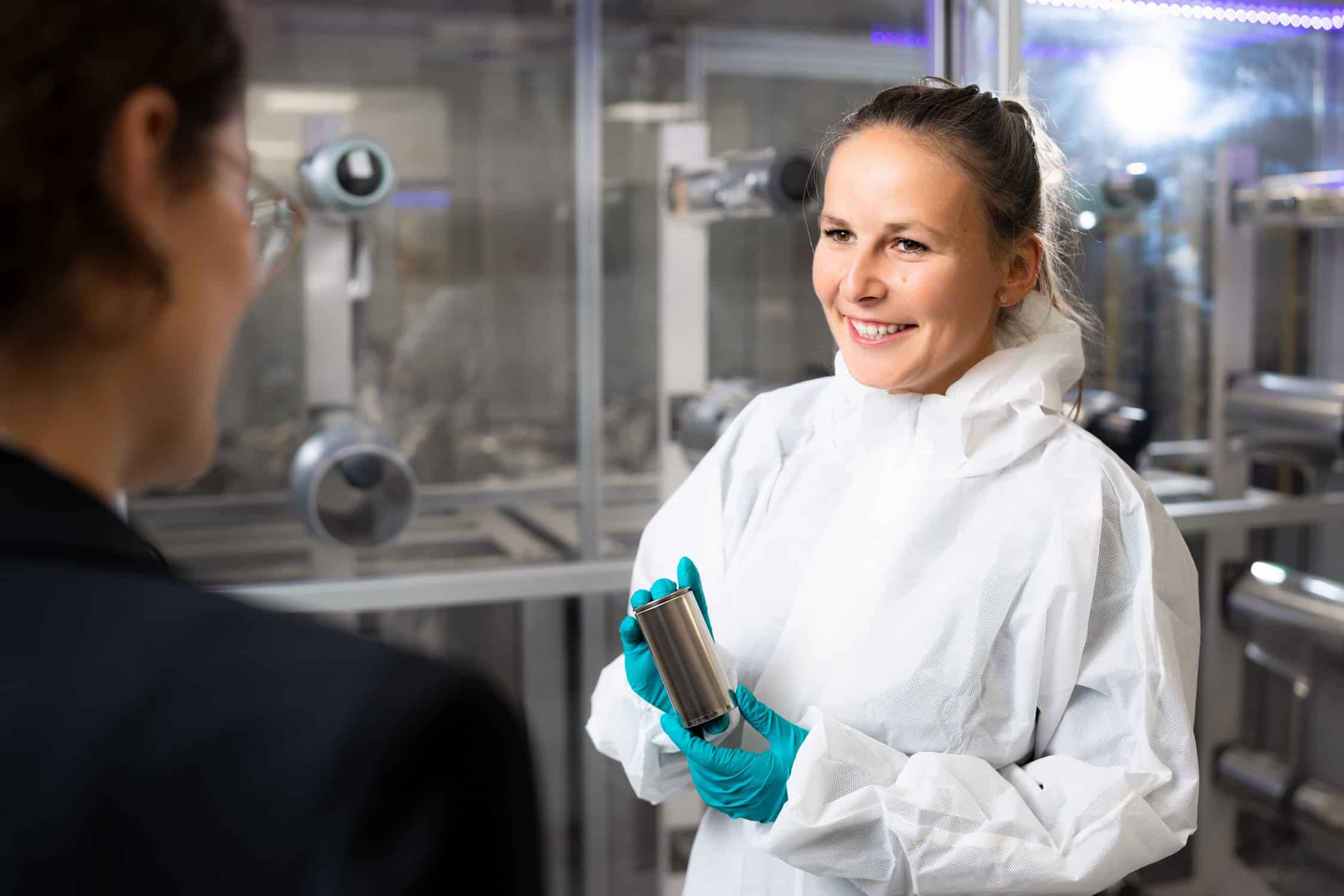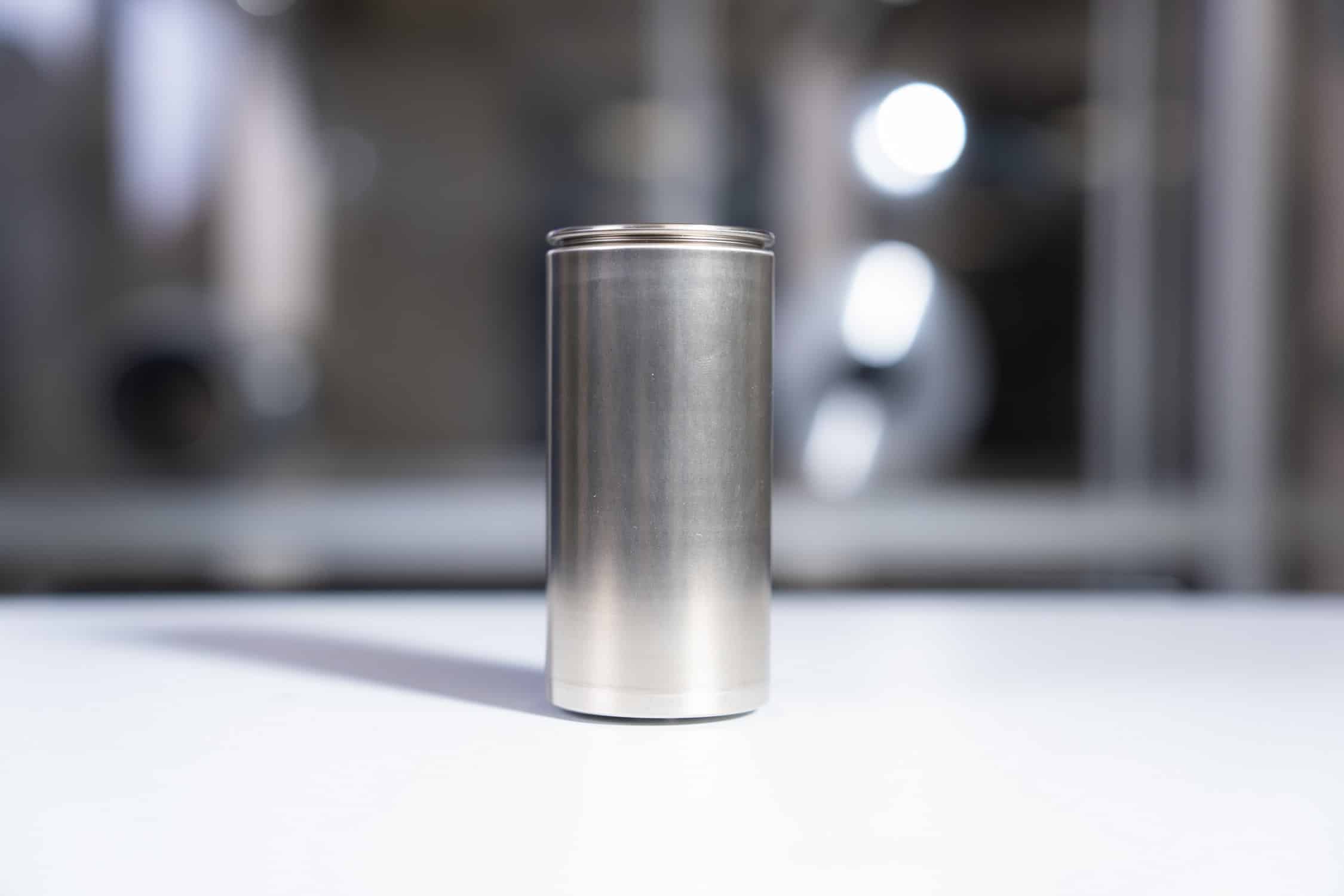Preparing for the inevitable electric future requires tremendous logistical efforts to minimize costs and speed up production while the automotive industry moves away from combustion engines. BMW has already announced it will produce no fewer than six SUVs on the Neue Klasse platform at the Spartanburg plant in South Carolina by the end of the decade.
To support their arrival, BMW Group North America has teamed up with Belgian company Umicore to obtain cathode active battery materials sourced from a new plant in Ontario, Canada. These will be used by battery cell supplier AESC at its new battery cell factory in Florence, South Carolina. The facility will have an initial capacity of initial capacity of 30 GWh/a and will produce round lithium-ion battery cells for the automaker’s hugely promising sixth-generation batteries.
As a refresher, BMW is spending $1 billion at the Spartanburg factory and another $700 million on a new battery assembly center in Woodruff, South Carolina for the upcoming electric X models. Compared to the fifth-gen prismatic cells available today, the round cells promise to boost range and charging speed by 30%. In addition, energy density is set to increase by over 20% while CO2 emissions generated during production will be cut by as much as 60%.
The Spartanburg plant is known as the “Home of the X” since the X3 through X7 models are all built there. The XM plug-in hybrid SUV is also rolling off the assembly lines in SC as BMW’s first dedicated M model since the M1. The fully electric iX3 isn’t built in SC as BMW produces the zero-emission model in China from where it’s exported globally. The first Neue Klasse-based models will enter production in 2025 at the new Debrecen plant in Hungary, with other BMW factories around the world to follow shortly.
The next-gen iX3 and an i3 Sedan will lead the way, with reports stating there’s also going to be an i3 Touring and an iX4. Near the end of the decade, there is likely going to be a cheaper entry-level electric car on the Neue Klasse platform, possibly named i1 or i2, to serve as a spiritual successor of the i3 hatchback discontinued in 2022.
Source: BMW


